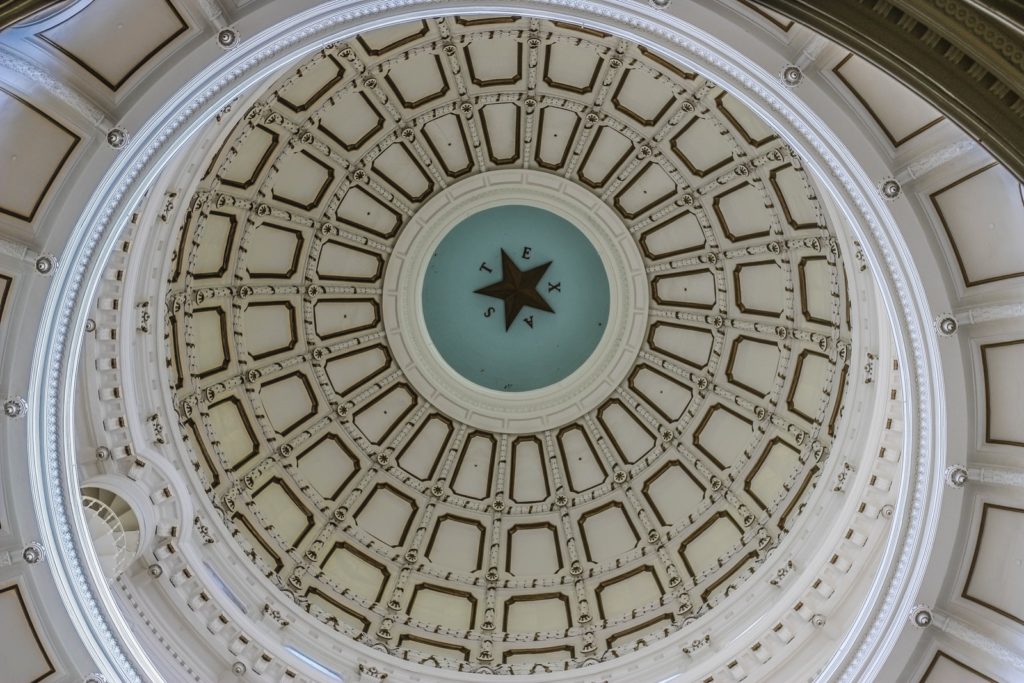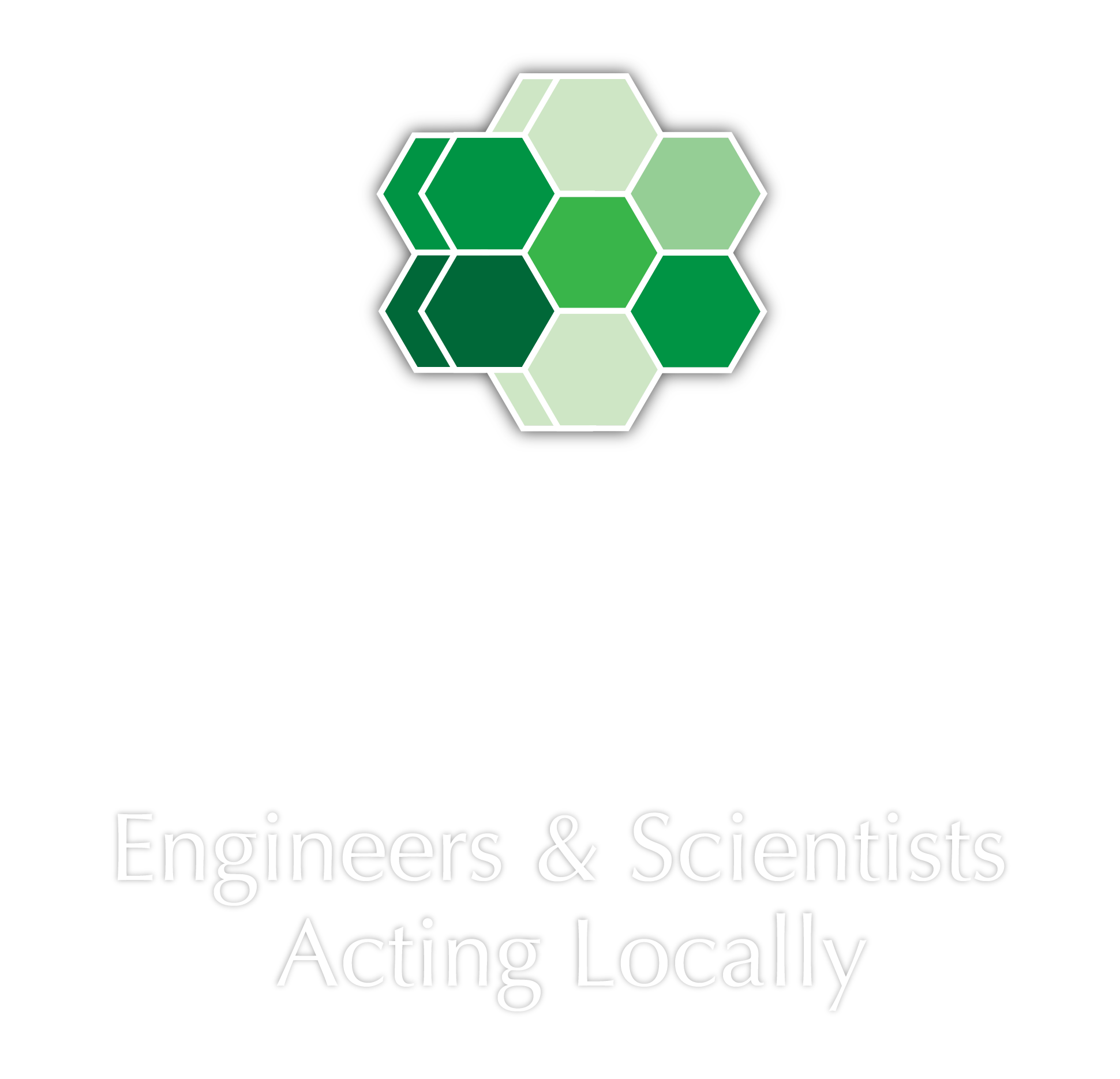The CivicSpark fellowship program has engaged over 200 fellows and some 35,000 California residents on projects concerning sea level rise, affordable housing, climate action planning, and sustainable transportation. Scheuer told ESAL about the program’s new “resilience” focus as they prepare to select their latest cohort of fellows.



